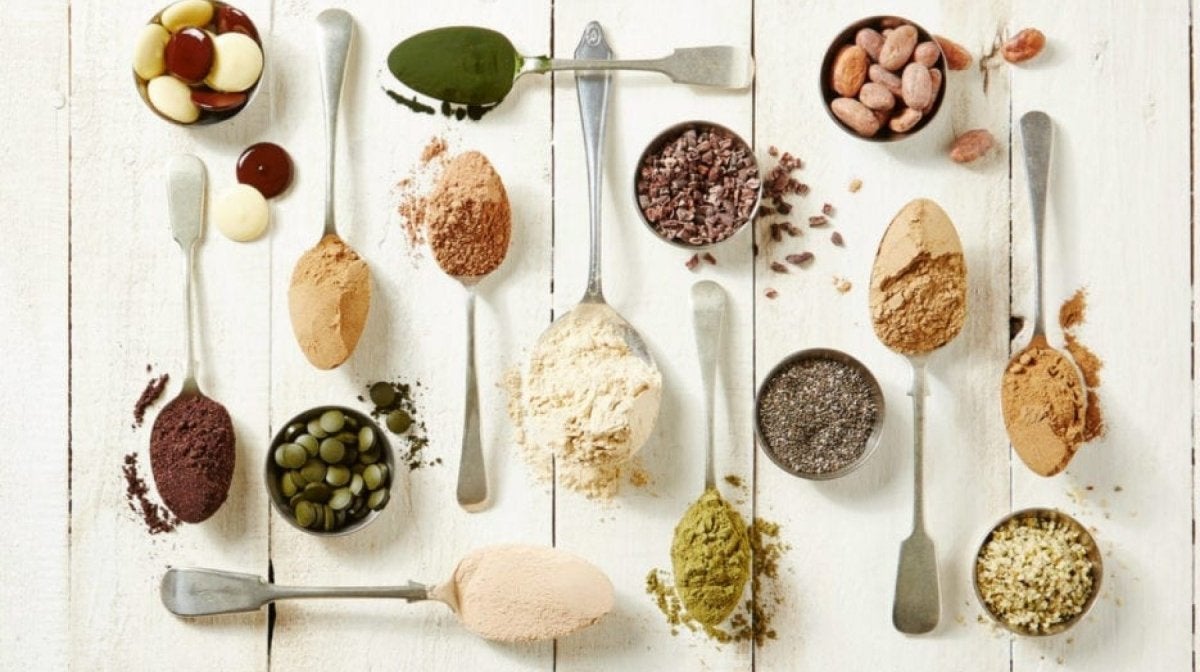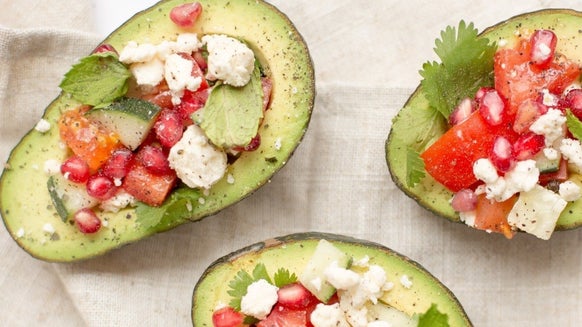
Not A Fan Of Unflavoured Supplements?
So you’ve done your homework and know everything there is to know about a supplement that will enhance your sporting performance or gym results in the perfect way, but when it arrives the (at first) seemingly wise decision to purchase the unflavoured option is now leaving a very bitter taste. Below are a few ideas to resolve the issue.
When researching supplements – whatever their function or purpose – there are many things to consider before flavour. You need to know they’re safe, that they won’t exacerbate any pre-existing medical conditions, that they’ll do what you want them to do and that you have full knowledge of any side effects.
For weightlifters, the most popular supplements are your BCAAs and creatine, along with the obvious protein and they are popular for a reason: because they work. Because of that, it’s no secret that they’re worth adding to your nutritional plan if it means that you’ll improve in the gym and build muscle and strength in the process. Far be it from you to wonder how to take them and how they’ll taste, right?
Okay, so it’s not the first thing you’re likely to bring up while someone’s talking about the technical details of a supplement, how it boosts energy or encourages muscle growth, but let’s face it: many supplements need to be taken on a daily basis, often in large or frequent doses, in order to be effective. It might not seem a big deal, but if the supplement is meant to be a positive thing, then why suffer the taste.
One mouthful of the bitter unflavoured powder might have you thinking twice, or maybe even unnecessarily forking out extra cash to buy the exact same product that’s nicer to drink. Worry not. We’ve got a few ideas to make the medicine go down sweeter.

Can you mix your whey with hot food and drinks?
This rule doesn’t necessarily apply to all supplements, but if you thought that heating up your whey with a bowl of hot chocolate or porridge, think again. High temperatures of over 75 degrees C denature protein meaning that it changes the shape. For amino acids to stay intact you are better off microwaving your oats or hot chocolate and stirring in the powder once it has cooled down.
First of all, who says you need to drink it? Depending on the quantity you might just get away with stirring it into something you’re eating. If solids prove an issue, consider putting it in soup, dips and fruit salads. The same applies to heat where you may want to check what effect certain temperatures will have on your supplement of choice.
Short of medicinal, prescribed supplements, there’s a good chance you’re already consuming whey protein in some form after and maybe before and during your workout. There’s nothing to say you can’t mix the two in your shaker.

If it’s your whey protein powder that’s an issue then modifying or inventing your own shake could heighten the virtues of the protein powder. Investing in a juicer means that you can get all the hydrating goodness, vitamins and carbs of fruit and veg while sweetening your unflavoured powder, giving you another reason to get your five a day.
Adding oats or seeds and grains will get you your fibre and provide you with a slow-burning carb that will give you lasting energy reserves throughout the day. A more uncommon favourite is mixing it with spreads. Peanut butter is a popular snack treat filled with protein. With enough nut butter to outbalance the unflavoured powder, you could add a lasting protein hit to your supplement intake.
How to use unflavoured supplements:
- Add to your protein smoothies
- Mix into your protein pancake batter
- Stir into your porridge or overnight oats
Use flavourings to create a great taste:
- Flavdrops
- Sugar-Free Syrup
- Cacao Powder
Spirulina (high fibre superfood) - Maple Syrup

Alice Pearson is a UKVRN Registered Associate Nutritionist and UK Anti‐Doping accredited advisor, having obtained a Bachelor’s of Science in Nutrition and a Master’s of Science in Sport Nutrition. She has a specialist interest in the use of sports supplements for improving health, fitness, and sport performance.
Alice has experience working with both amateur and elite athletes, including providing nutritional support to Tranmere Rovers FC and Newcastle Falcons Rugby Club. Her nutritional guidance is always supported by evidence‐based research, which she keeps up to date through continuing professional development and independent learning.
In her spare time, Alice loves travelling, hitting the gym, and getting stuck into a good book. Find out more about Alice's story here.







